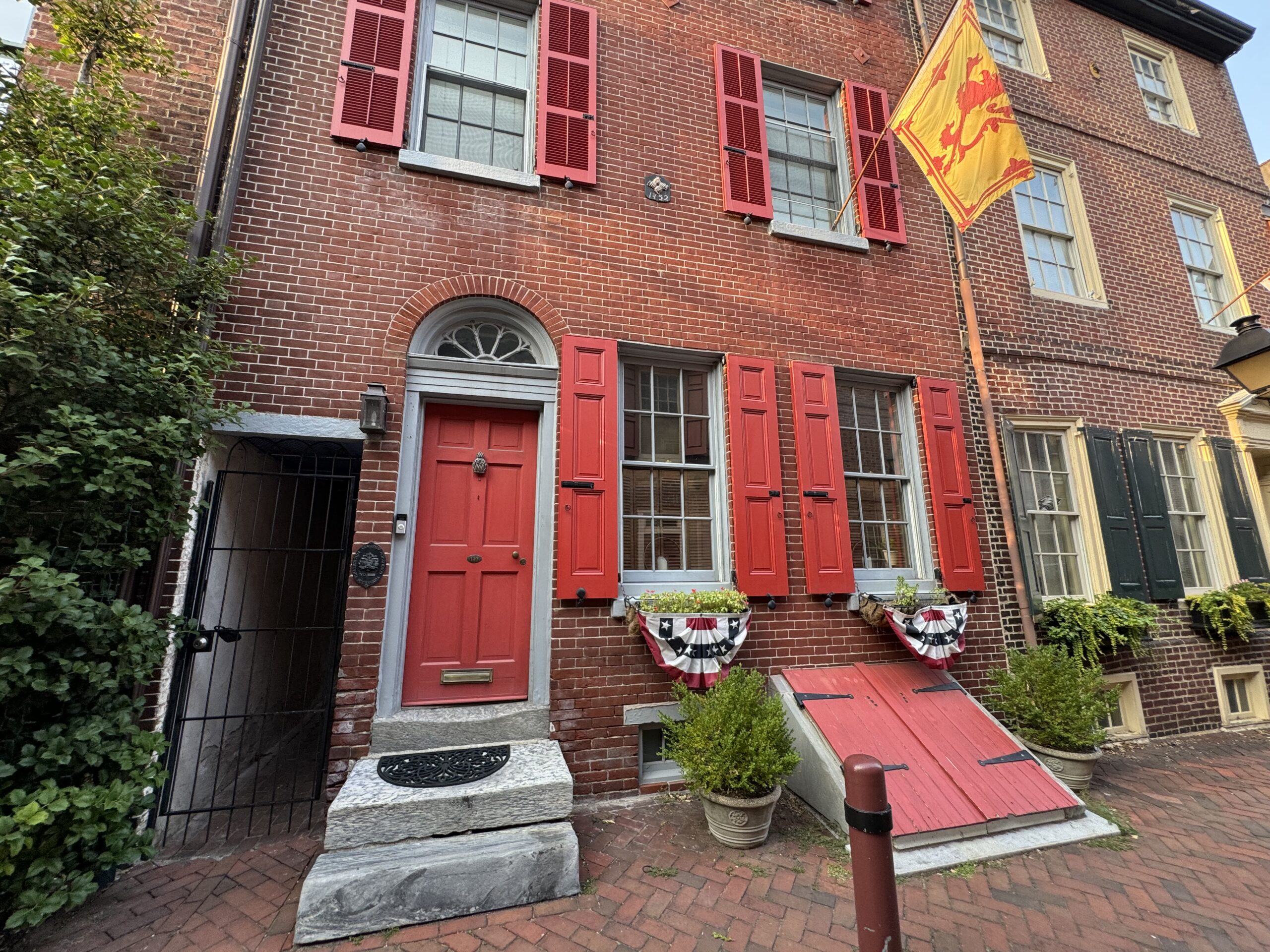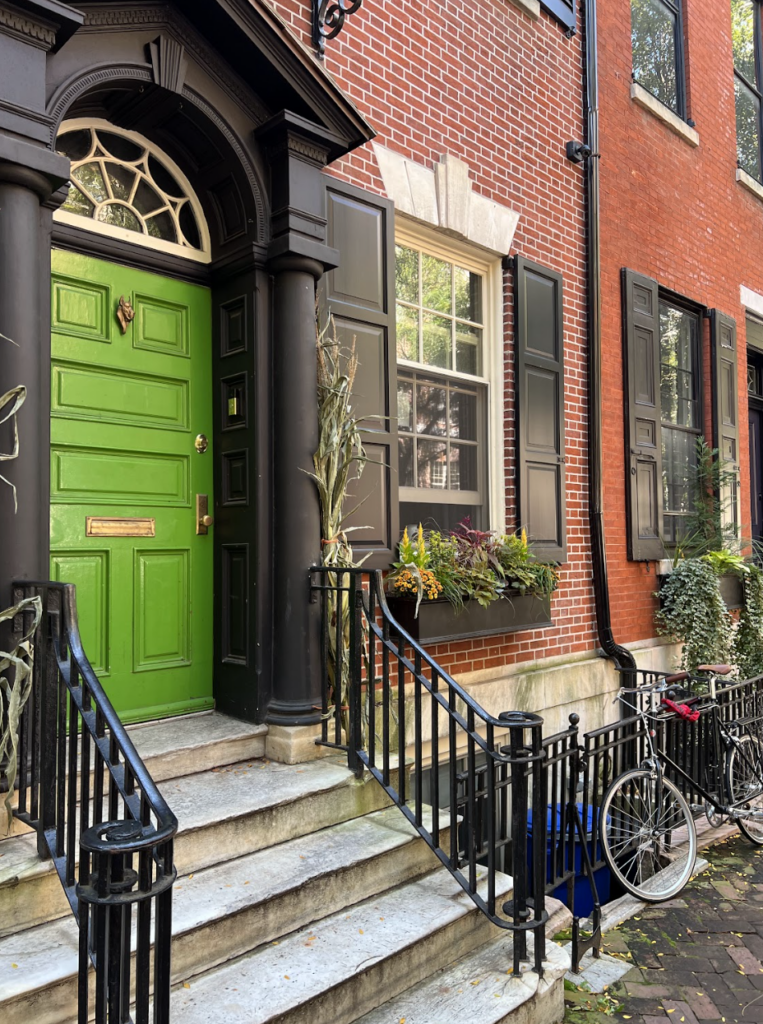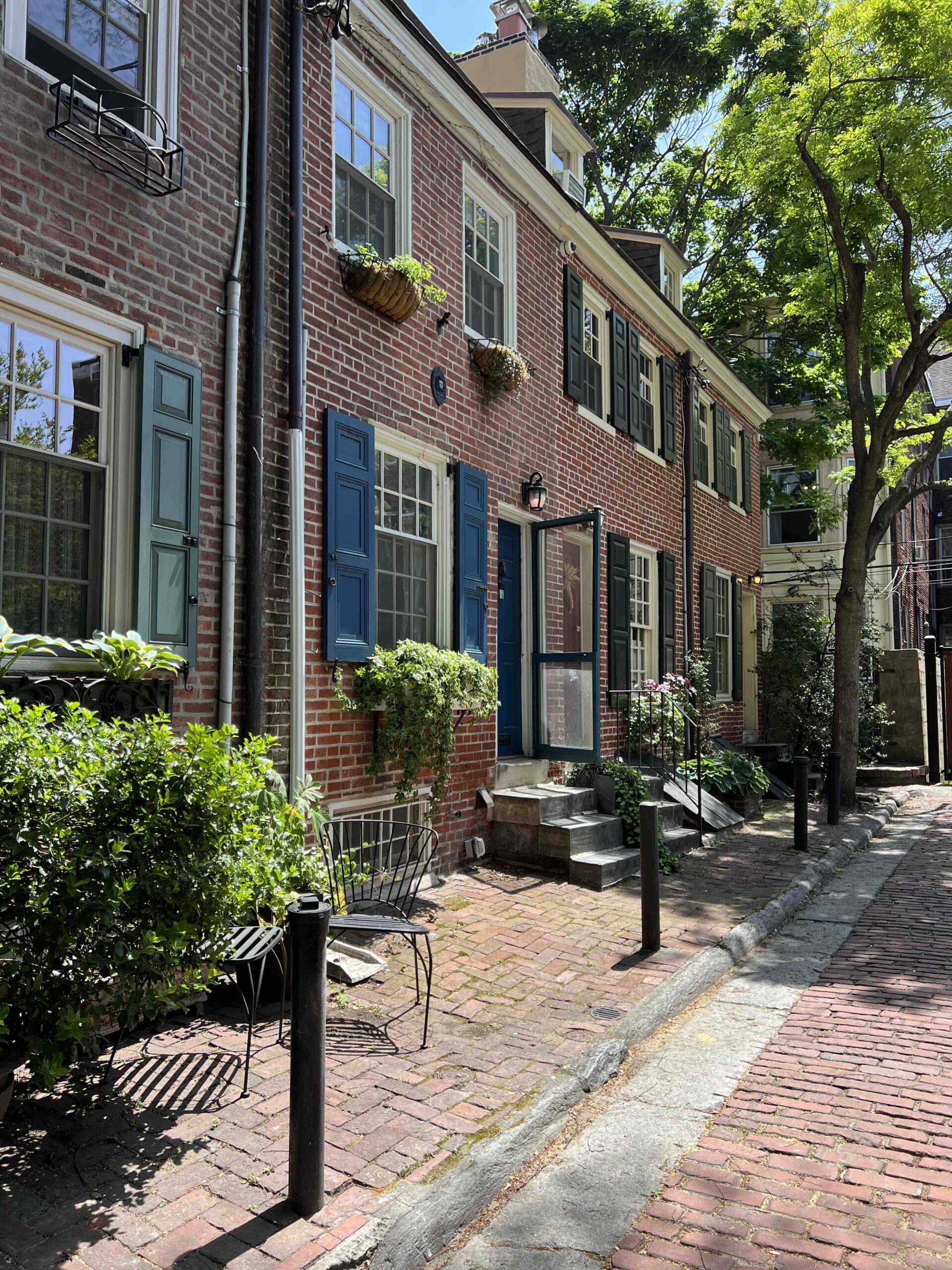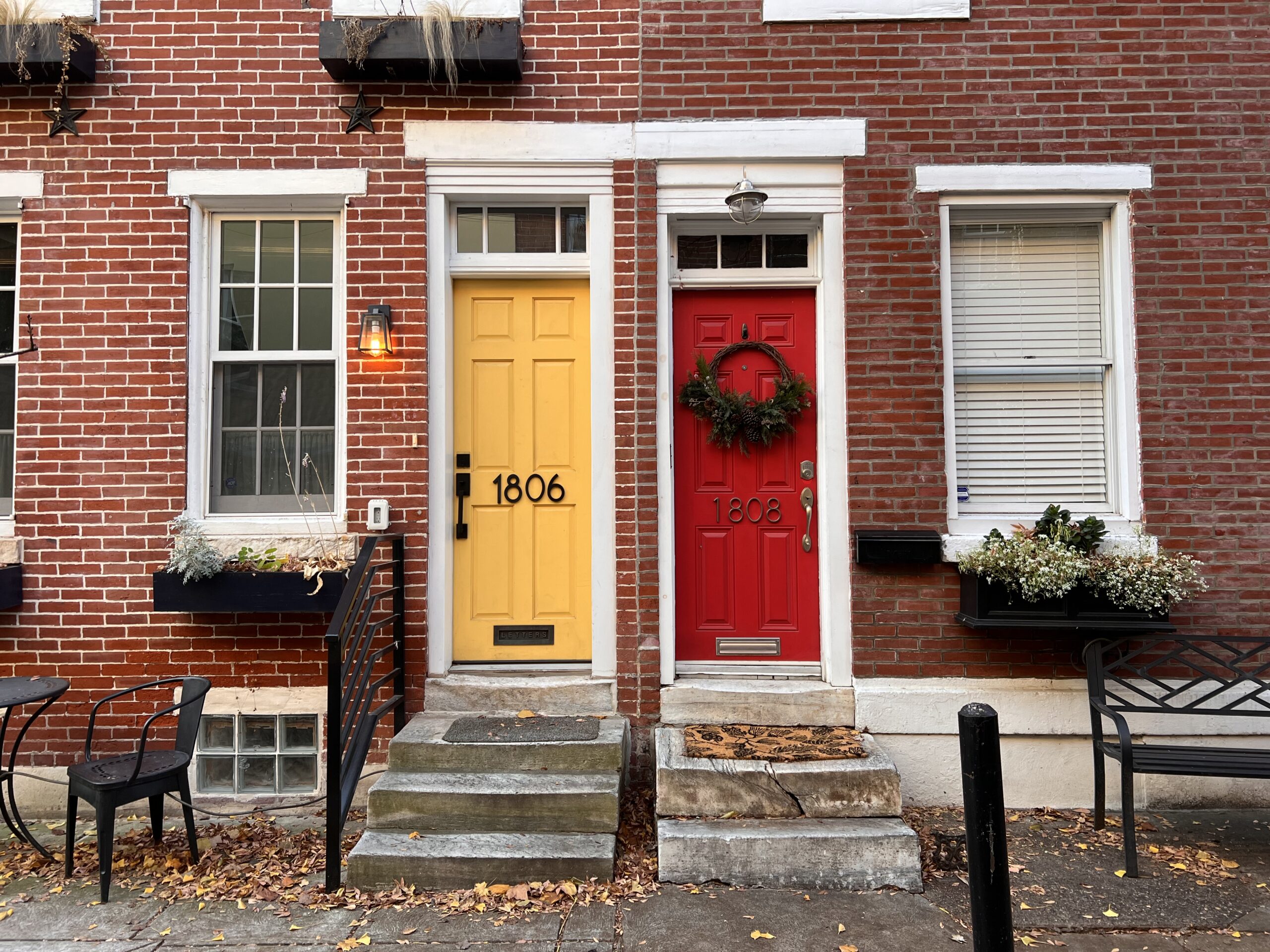home ownership
Philadelphia’s Property Taxes are Going Up in 2025: Here’s How To Prepare For The Increase

A home in Philadelphia’s oldest residential street, Elfreth’s Alley. Image: Stephanie Aviles.
If you own property in Philadelphia, you have or will soon be receiving a Notice of Valuation in the mail any day now. If you wish to challenge the new assessment, you have to make your appeal by Oct 7, 2024. We encourage you to act now.
“Many of our property management clients have been asking about the 2025 tax increases,” said Deborah Solo, Solo Real Estate’s owner and broker. “The paperwork the city sends with the assessment has instructions about how to appeal the assessment for a first-level review and I advise clients to review that information thoroughly. If the assessment only increases slightly, it may not be worth appealing, however, if the increase is significant and the property is assessed over $1,000,000, I recommend consulting an attorney.”
If property owners don’t receive a letter, they can check the 2025 assessments by typing in the property address in the property app at property.phila.gov.


Appealing your new property valuation
All Notices of Valuation letters include a form that allows you to appeal if you believe the assessment is incorrect. That form enables you to request a First Level Review (FLR) with the Office of Property Assessment. You may also file a formal appeal with the Board of Revision of Taxes(BRT).
Assessment appeals should prove at least one of the following:
- The estimated market value of your property is too high or too low
- The estimated market value of your property is not uniform with similar surrounding properties
- The characteristics of your property that affect its value are substantially incorrect
There are a few ways to determine the Market Value of your property. You can ask your agent at Solo Real Estate or use Zillow’s online calculator.
Formal appeals and First Level Reviews are due by Monday, October 7, 2024. Details on both appeal options can be found at Phila.Gov/opa or call (215) 686-9200. You can attend a Market Value Appeal hearing in person or remotely.
Other Ways to Reduce and Manage Your Property Tax Bill
Mayor Cheryl Parker encourages homeowners to take advantage of the newly expanded tax relief programs that could mitigate the impact of the valuations. There are a variety of programs and credits available to help reduce and manage your property tax bill. From exemptions to payment plans and tax credits, there are options available for new and long-time homeowners. Below we highlight a few opportunities you may be eligible for.
Homestead Exemption
All homeowners are eligible for the Homestead Exemption. In 2025, the Homestead Exemption will reduce the assessed value of owner-occupied homes by $100,000 (previously $80,000). Applications are due December 1, 2024. The average homeowner’s bill will be about $2,300, assuming they are signed up for the homestead exemption. Once your application is accepted, you never have to reapply for the exemption, even if the amount of the exemption changes. You will receive property tax savings every year, as long as you continue to own and live in the property. Learn more about the Homestead Exemption here.
Low Income and Senior Citizen Real Estate Tax Freeze
Both the Low Income and Senior Citizen Real Estate Tax Freeze programs ‘freezes’ your Real Estate Tax bill at the existing rate so that it doesn’t increase, even if the tax rate or assessment changes. Applications for the senior citizen tax freeze are due September 30, 2025 and applications for the low-income real estate tax freeze are due on January 31, 2025.
Longtime Owner Occupants Program (LOOP)
Residents who have owned and lived in their property for at least ten years, experienced property assessment increases of at least 50 percent from one year to another, or at least 75 percent in five years, and meet income requirements can cap their assessment and pay the same bill unless the tax rate changes. Applications are due September 30, 2025. Learn more about LOOP here.
Tax Credits
Historic Tax Credit – In 2025, the state is increasing historic tax credits from $5M/year to $20M/year with the hopes it will result in less blight in Philadelphia and encourage more adaptive reuse projects. Together with the federal historic tax credit of 20% of eligible construction costs, it is now more worthwhile to rehab an existing property over building an entirely new construction.
Active Duty, Reserve and National Guard Member Tax Credits – Those serving in the military may be excused from paying Philadelphia Real Estate Tax while they are on active duty outside Pennsylvania.
To learn more about other tax credits including the Earned Income Tax credit and Federal Child Tax Credit visit phila.gov.
Real Estate Tax Payment Plans
Owner-occupied Real Estate Tax payment agreement (OOPA)
This program provides affordable and manageable monthly payments for homeowners who struggle to pay past-due Real Estate Tax. Some homeowners can qualify for a zero-dollar-a-month payment agreement. Applications are accepted all year. Learn more about OOPA here.
Real Estate Tax Installment Plan
All Senior Citizens and income-qualified homeowners may pay current-year property taxes in up to eleven monthly installments through December 15, instead of a lump sum payment on March 31. Applications are due on March 31, 2025. Learn more about the Real Estate Tax Installment Plan here.
For more information, visit Property Tax Relief Programs.







